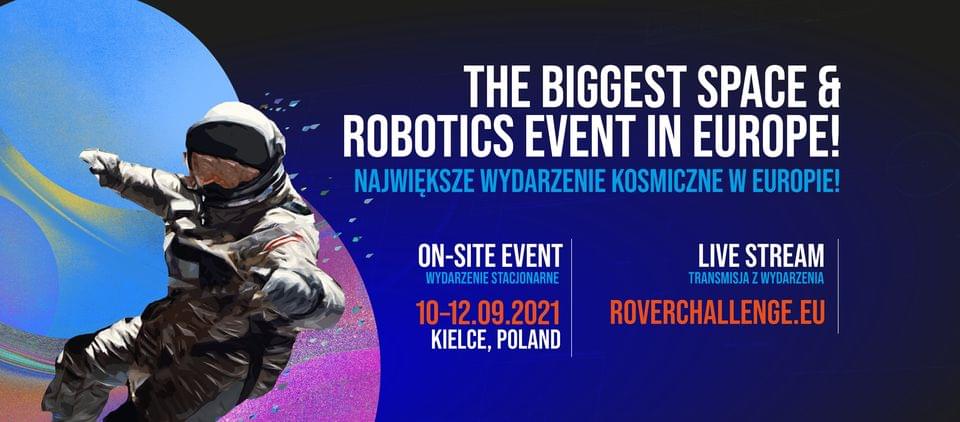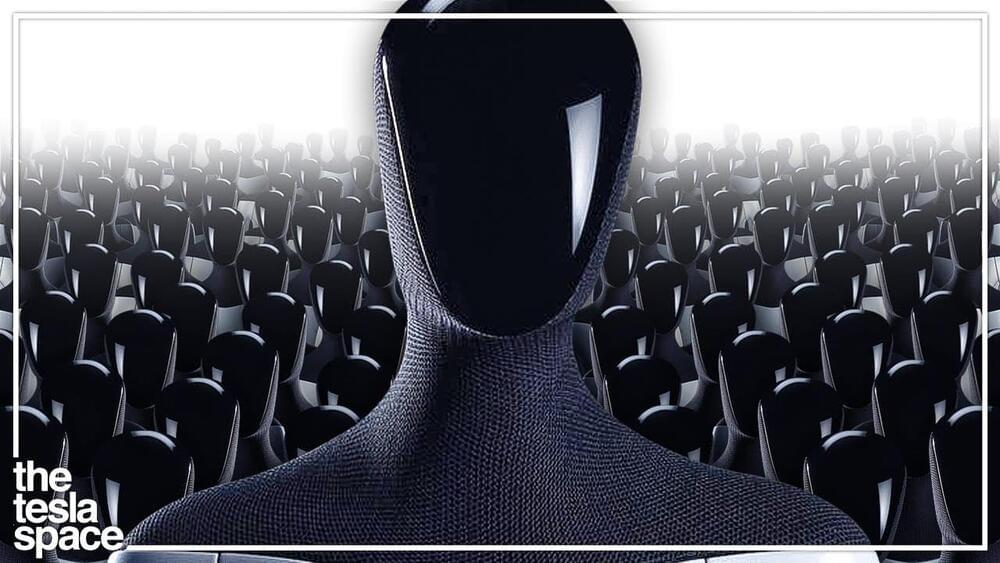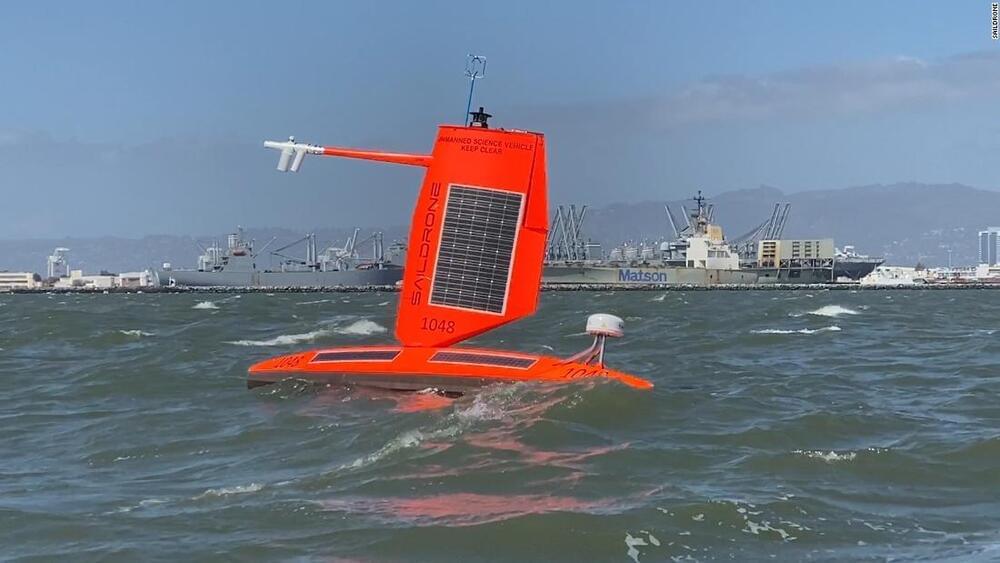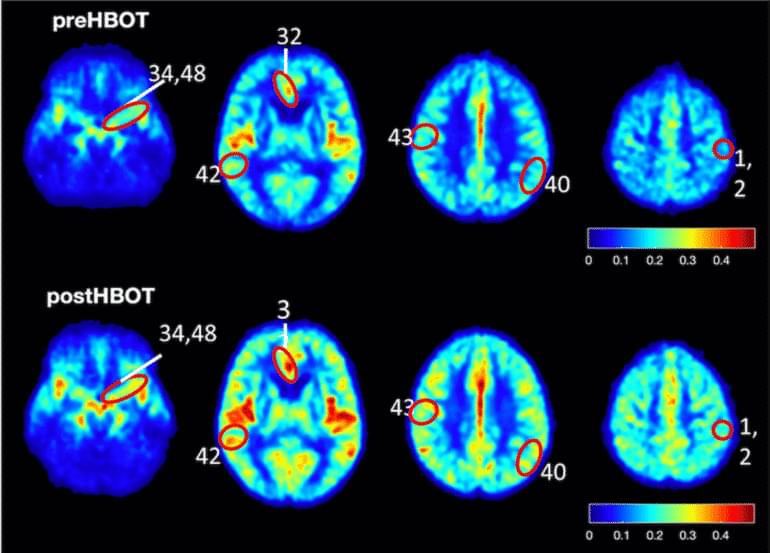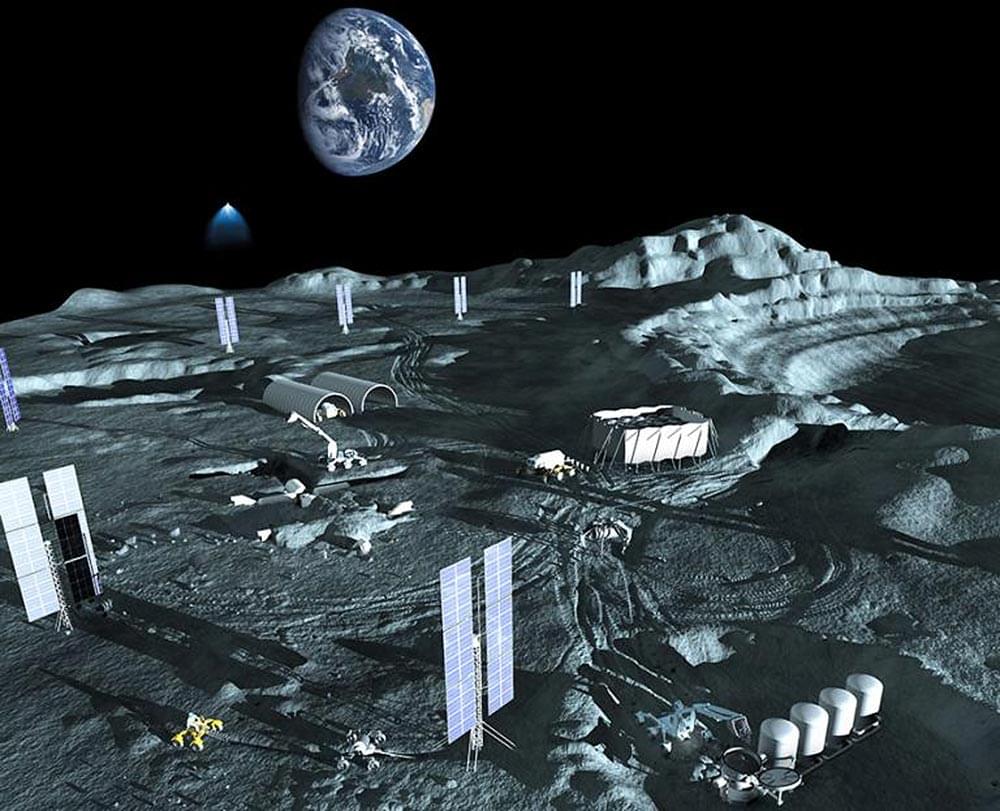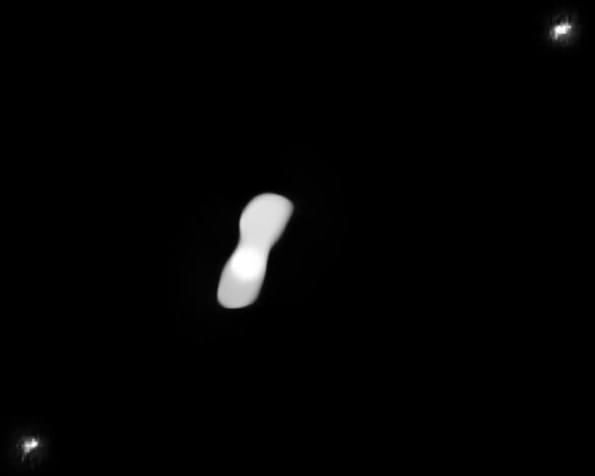
The huge “dog-boned” asteroid hurling through the solar system has now been imaged in unprecedented detail.
A team of astronomers has seemingly obtained the best pictures and data to date of the peculiar asteroid, Kleopatra. Using the European Southern Observatory’s Very Large Telescope (VLT), observers from the SETI Institute in Mountain View, California, and the Laboratoire d’Astrophysique de Marseille, France, captured images to help two teams of scientists answer some interesting questions.
“Kleopatra is truly a unique body in our Solar System,” says Franck Marchis, who led a study on the asteroid published in Astronomy & Astrophysics. “Science makes a lot of progress thanks to the study of weird outliers. I think Kleopatra is one of those and understanding this complex, multiple asteroid system can help us learn more about our Solar System.”
The asteroid, which orbits in the central region of the asteroid belt between Mars and Jupiter, was initially discovered on April 10 1880. However, it wasn’t until just 20 years ago that radar observations revealed it had two lobes which were connected by a thick “neck.” In 2,008 Marchis and his colleagues discovered that the asteroid was orbited by two moons, named AlexHelios and CleoSelene, after the Egyptian queen’s children.
